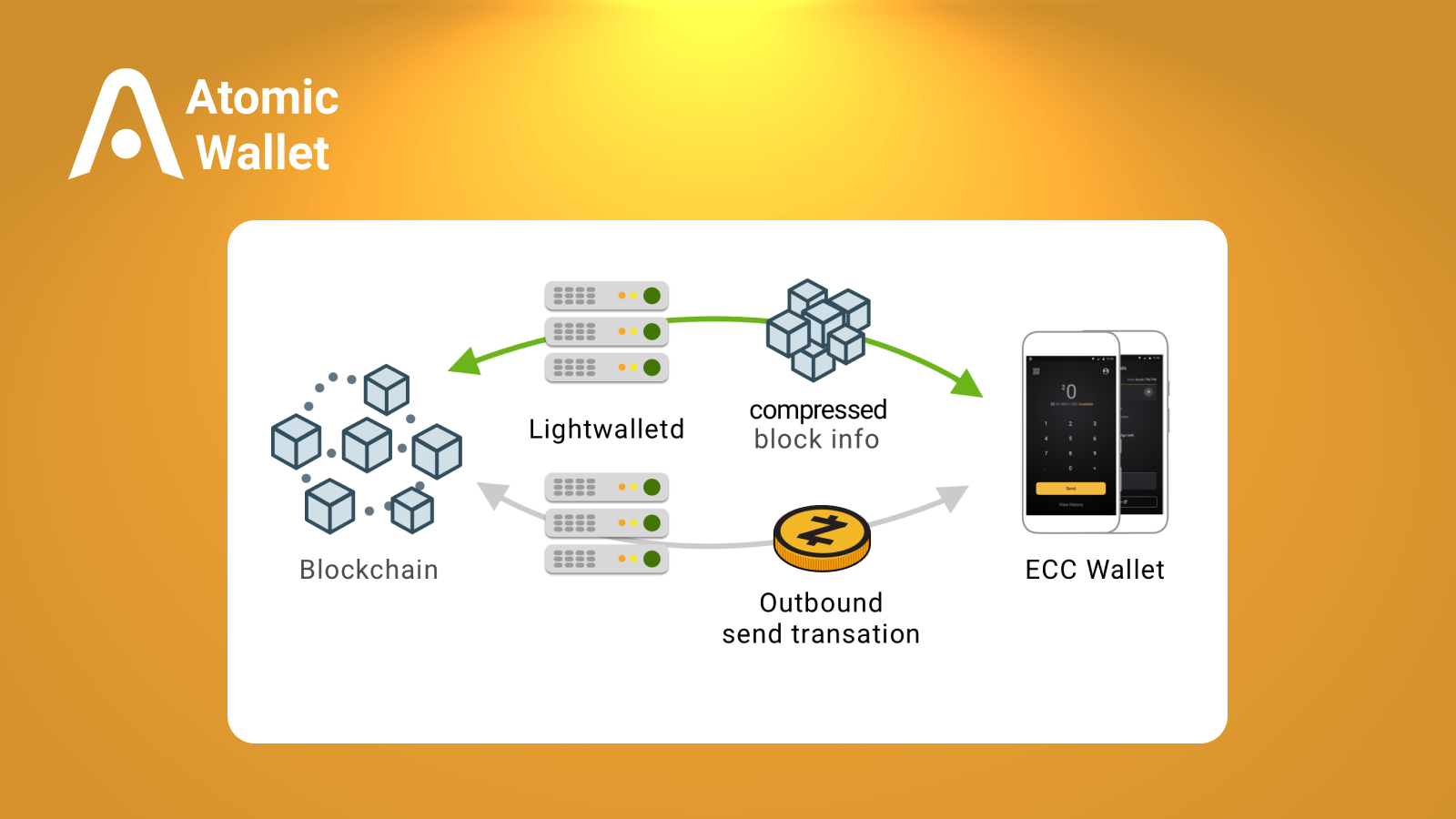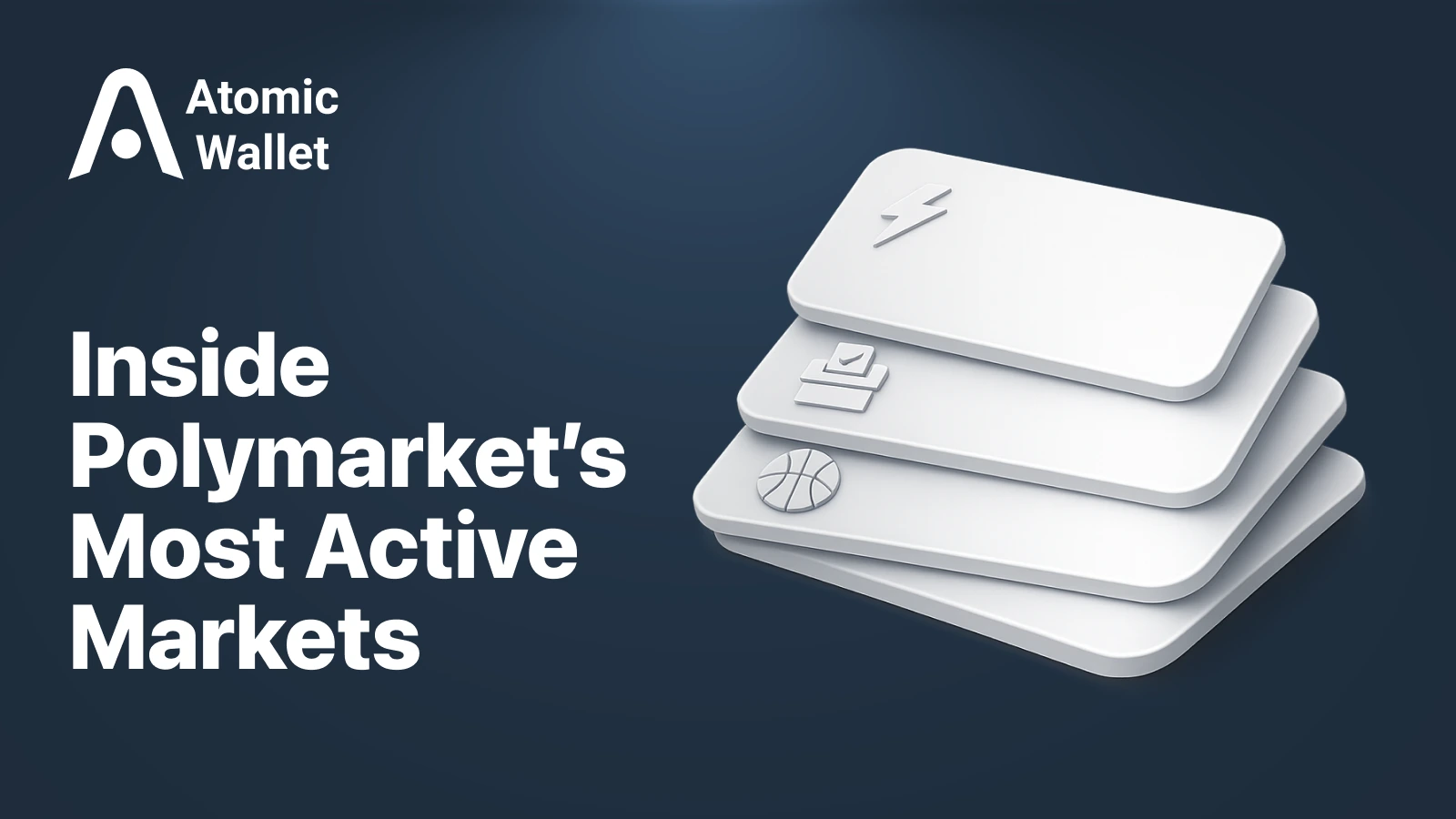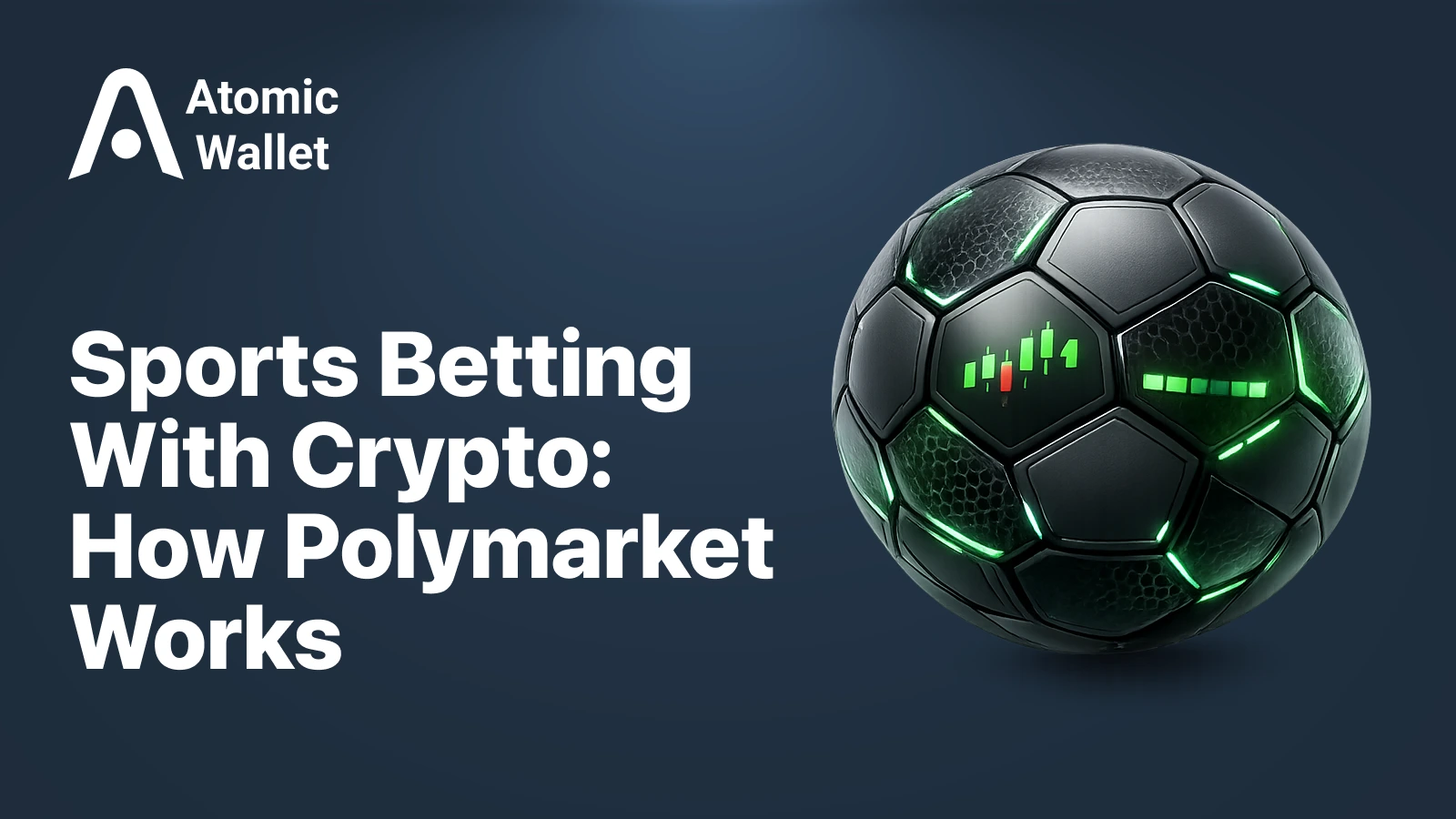Assets

Exchange

Buy Crypto

Products




As the crypto market matures, one theme is making a strong comeback in 2025 — privacy. With increasing regulation, on-chain transparency, and surveillance concerns, many users are turning back to privacy-focused cryptocurrencies like Monero (XMR), Dash (DASH), and Zcash (ZEC) to regain financial sovereignty. Among them, Zcash stands out as one of the most established and technically advanced privacy coins. Built to provide confidential transactions without sacrificing verifiability, it combines the cryptographic strength of Bitcoin with cutting-edge zero-knowledge proofs.
Today, Zcash remains one of the few digital assets giving users a real choice — full transparency when needed, or complete privacy when desired.
Zcash (ZEC) is a privacy-focused cryptocurrency launched in 2016 by developer and cryptographer Zooko Wilcox. It was designed to give users control over what they share on the blockchain.
While Bitcoin and Ethereum make all transactions public, Zcash allows users to shield transaction details — sender, receiver, and amount — using advanced cryptography called zk-SNARKs (Zero-Knowledge Succinct Non-Interactive Arguments of Knowledge). Zcash supports two types of addresses:
This dual-address model makes ZEC unique: users can choose between public transparency and private transactions, depending on their needs and regulatory environment.

At the heart of Zcash’s privacy technology lies zk-SNARKs — short for Zero-Knowledge Succinct Non-Interactive Arguments of Knowledge.
This cryptographic method allows one party to prove that a transaction is valid without revealing any details about it — not the sender, receiver, or amount. In other words, the network can confirm that funds weren’t double-spent while keeping all personal data hidden.
Zcash transactions can occur between:
Recent network upgrades, such as NU5 and the Halo 2 proving system, made shielded transactions faster, lighter, and more scalable — paving the way for private crypto payments on a global scale. Zcash’s approach doesn’t just protect privacy — it also demonstrates how zero-knowledge cryptography can secure financial systems without compromising integrity.
Privacy coins aren’t all the same — and Zcash takes a unique stance among them. Unlike Monero, which enforces full anonymity by default, Zcash gives users a choice: transparent or shielded. This hybrid model offers flexibility — users can comply with regulations when needed or stay fully private when they wish.
Meanwhile, coins like Dash focus on mixing-based privacy, which obfuscates transactions rather than encrypting them. In contrast, Zcash’s cryptographic encryption provides mathematically provable privacy, not just transaction blending. In essence, Zcash bridges the gap between regulatory transparency and true financial privacy — a balance few other projects achieve.
After several quiet years, Zcash is back in the spotlight in 2025. Several key factors are driving renewed demand for privacy-focused assets:
Managing Zcash safely comes down to one rule: your keys, your control. Because ZEC uses shielded addresses and advanced encryption, storing it in a non-custodial wallet ensures maximum privacy and security.
Here are some of the most trusted options for 2025:
While privacy is a core crypto principle, privacy coins like Zcash face growing regulatory pressure. Some exchanges have delisted ZEC due to KYC and compliance restrictions in certain jurisdictions.
However, Zcash’s dual-address model (transparent + shielded) helps it remain one of the most regulation-compatible privacy coins. Users can choose transparency when required — for example, for audits or tax reports — without sacrificing their ability to transact privately elsewhere. That said, users should:
Zcash continues to evolve, aiming to balance individual privacy rights with global regulatory frameworks.
As crypto enters a new era of mainstream adoption, privacy is once again becoming a top priority. Zcash remains one of the most respected projects in the space — combining strong cryptography, regulatory flexibility, and a decade of proven security.
With zk-technology expanding beyond payments into identity, scaling, and DeFi, ZEC’s role as a privacy pioneer is more relevant than ever.
Store and swap Zcash securely in Atomic Wallet — your private key to true ownership.

Explore the most active and profitable Polymarket categories in 2026. Learn how politics, sports, crypto, AI, and macro markets differ by liquidity, volatility, and risk — and why category choice matters as much as prediction.

Learn how sports betting with crypto works on Polymarket. See how prediction markets differ from sportsbooks, how to read odds as probabilities, explore top markets by volume, and understand the risks before trading.